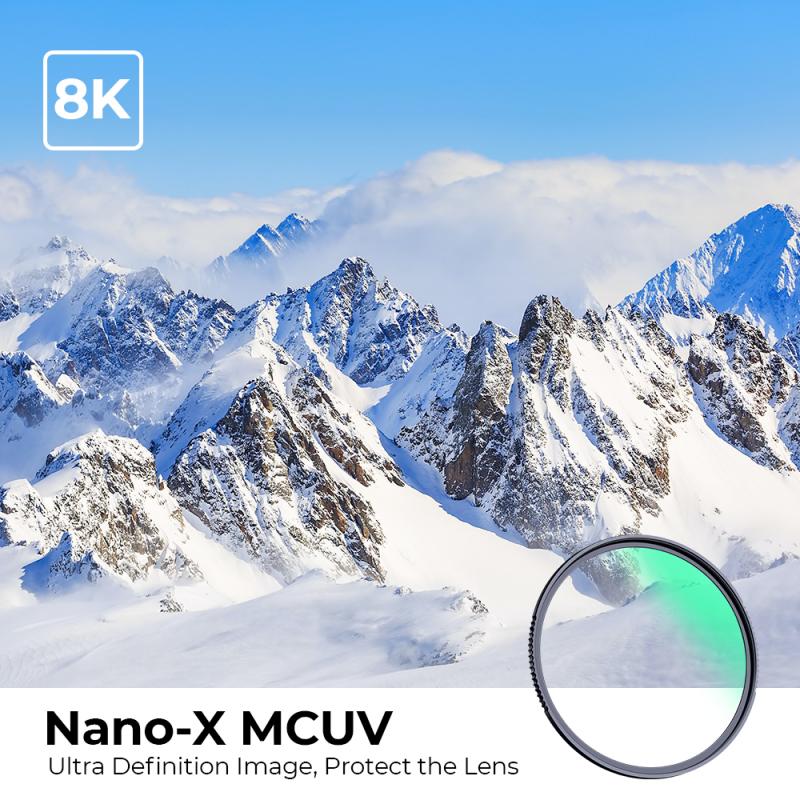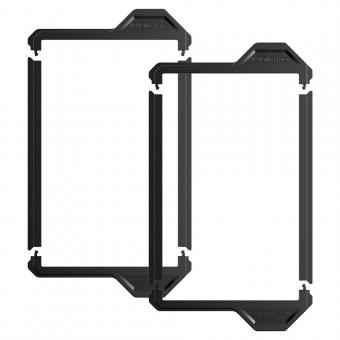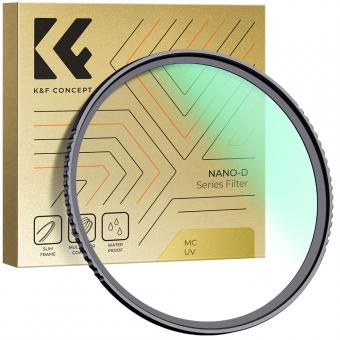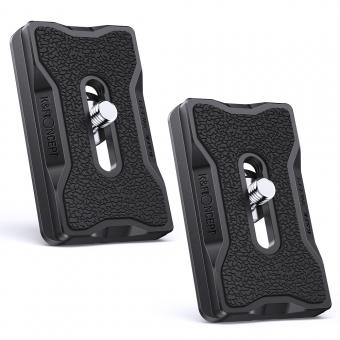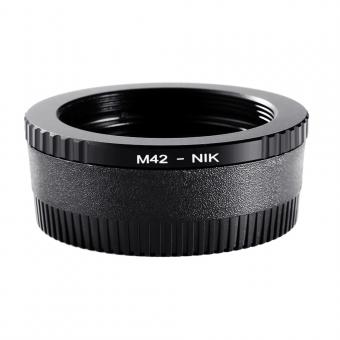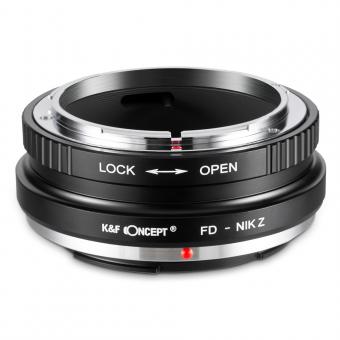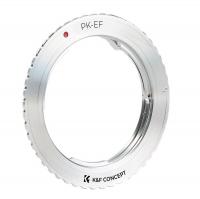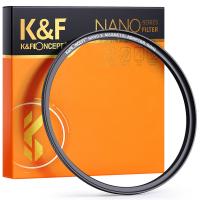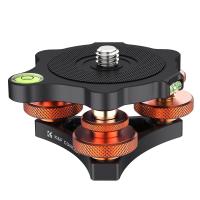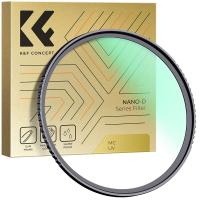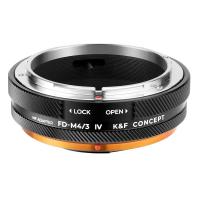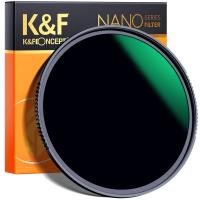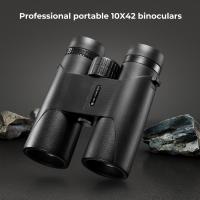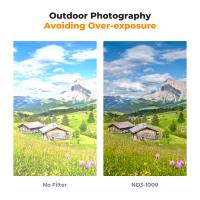How To Protect Camera Lens ?
To protect a camera lens, you can use a lens cap when the camera is not in use. Additionally, you can invest in a lens hood, which helps to shield the lens from direct sunlight and reduce the risk of lens flare. It is also important to handle the camera with care and avoid touching the lens directly with your fingers. When cleaning the lens, use a soft microfiber cloth or lens cleaning solution specifically designed for camera lenses. Avoid using harsh chemicals or abrasive materials that could damage the lens coating. Finally, consider using a protective filter, such as a UV filter, which can act as a barrier against dust, scratches, and other potential damage to the lens.
1、 Using lens caps and filters for physical protection
One of the most effective ways to protect your camera lens is by using lens caps and filters for physical protection. Lens caps are essential accessories that come with most camera lenses. They are designed to fit snugly over the front of the lens, providing a barrier against dust, dirt, moisture, and scratches when the lens is not in use. Simply removing the lens cap when you are ready to shoot ensures that your lens remains clean and protected.
Additionally, using filters can provide an extra layer of protection for your camera lens. UV filters, for example, not only reduce ultraviolet light and haze but also act as a shield against accidental bumps and scratches. These filters are transparent and do not affect the image quality, making them a great investment for lens protection.
In recent years, lens hoods have gained popularity as an effective means of protecting camera lenses. These hoods are designed to block stray light from entering the lens, reducing lens flare and improving image quality. Moreover, they also provide physical protection by extending beyond the lens, acting as a buffer against accidental impacts.
It is important to note that while lens caps, filters, and lens hoods offer physical protection, they do not guarantee complete safety. It is still crucial to handle your camera and lenses with care, avoiding rough handling and exposure to extreme conditions. Regular cleaning of your lens with a soft cloth or lens cleaning solution is also recommended to maintain its optimal performance.
In conclusion, using lens caps, filters, and lens hoods are effective ways to physically protect your camera lens. However, it is essential to handle your equipment with care and maintain regular cleaning to ensure the longevity and optimal performance of your lens.

2、 Proper cleaning techniques to prevent scratches and damage
Proper cleaning techniques are essential to protect camera lenses from scratches and damage. The lens is a crucial component of any camera, and maintaining its cleanliness and integrity is vital for capturing high-quality images. Here are some tips on how to protect your camera lens:
1. Use a lens cap: Always keep a lens cap on when the camera is not in use. This simple step can prevent dust, dirt, and other particles from settling on the lens surface.
2. Handle with care: When removing or attaching lenses, be gentle and avoid touching the glass directly. Fingerprints and smudges can affect image quality and are difficult to remove without proper cleaning.
3. Use a lens hood: A lens hood not only helps to block stray light and reduce lens flare but also acts as a physical barrier, protecting the lens from accidental bumps and scratches.
4. Invest in a quality lens filter: A clear, multi-coated UV or protective filter can serve as an additional layer of protection for your lens. It can absorb impact and shield the lens from scratches, dust, and moisture. However, be sure to choose a high-quality filter to avoid any degradation in image quality.
5. Clean with the right tools: When it comes to cleaning the lens, use a microfiber cloth or lens cleaning tissue specifically designed for camera lenses. Avoid using rough materials like paper towels or your shirt, as they can cause scratches.
6. Use a lens cleaning solution: If there are stubborn smudges or fingerprints, apply a small amount of lens cleaning solution to the cloth or tissue and gently wipe the lens surface. Be cautious not to apply excessive pressure.
7. Store properly: When not in use, store your camera and lenses in a clean and dry environment. Use a camera bag or case with padded compartments to protect them from accidental impacts.
It is worth noting that the latest point of view emphasizes the importance of using lens filters and hoods for protection. Additionally, advancements in lens coatings and materials have made them more resistant to scratches and damage. However, it is still crucial to follow proper cleaning techniques to maintain the lens's integrity and ensure optimal image quality.
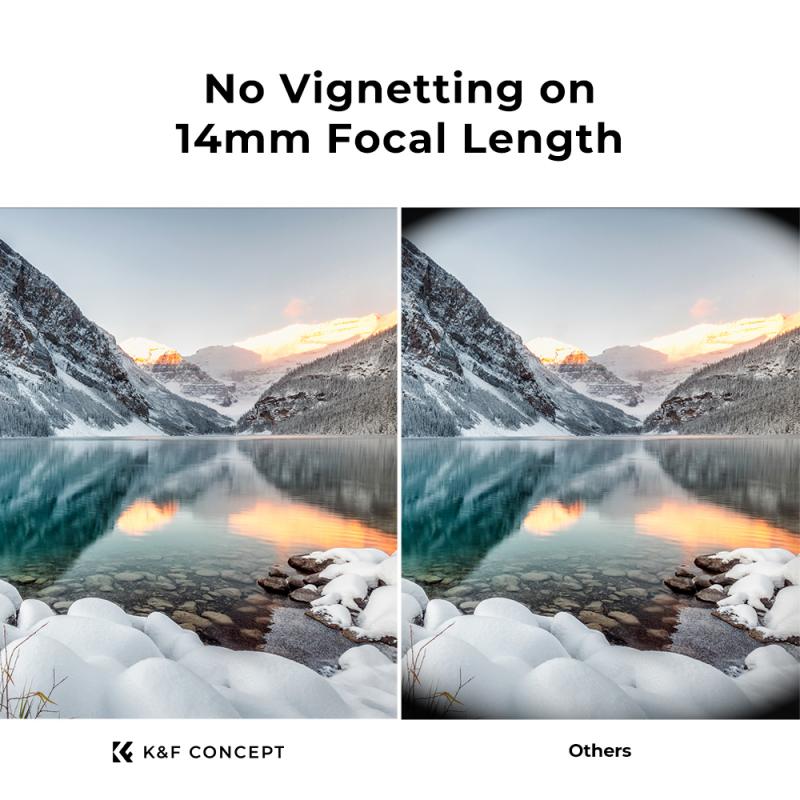
3、 Avoiding direct sunlight and extreme temperatures
To protect your camera lens and ensure its longevity, there are several steps you can take. One of the most important precautions is to avoid exposing your lens to direct sunlight for extended periods. Sunlight can cause damage to the lens coating and potentially lead to lens flare or reduced image quality. When shooting outdoors, it is advisable to use a lens hood or shade to minimize direct sunlight hitting the lens.
Extreme temperatures can also be detrimental to your camera lens. Both extreme heat and cold can cause the lens elements to expand or contract, potentially leading to damage or misalignment. It is best to avoid leaving your camera in a hot car or exposing it to freezing temperatures for prolonged periods. If you do need to transition from a cold to a warm environment or vice versa, it is recommended to allow your camera to acclimate gradually to the new temperature.
Additionally, it is essential to keep your lens clean and free from dust, smudges, and fingerprints. Use a microfiber cloth or lens cleaning solution specifically designed for camera lenses to gently wipe away any dirt or debris. Avoid using rough materials or excessive force, as this can scratch the lens surface.
In recent years, lens manufacturers have also introduced advanced lens coatings that provide additional protection against scratches, water, and oil. These coatings can help repel water droplets and make it easier to clean the lens. However, it is still important to handle your lens with care and take the necessary precautions to protect it from potential damage.
In conclusion, protecting your camera lens involves avoiding direct sunlight, extreme temperatures, and keeping it clean. By following these guidelines and staying updated with the latest lens care recommendations from manufacturers, you can ensure that your lens remains in optimal condition for capturing stunning photographs.
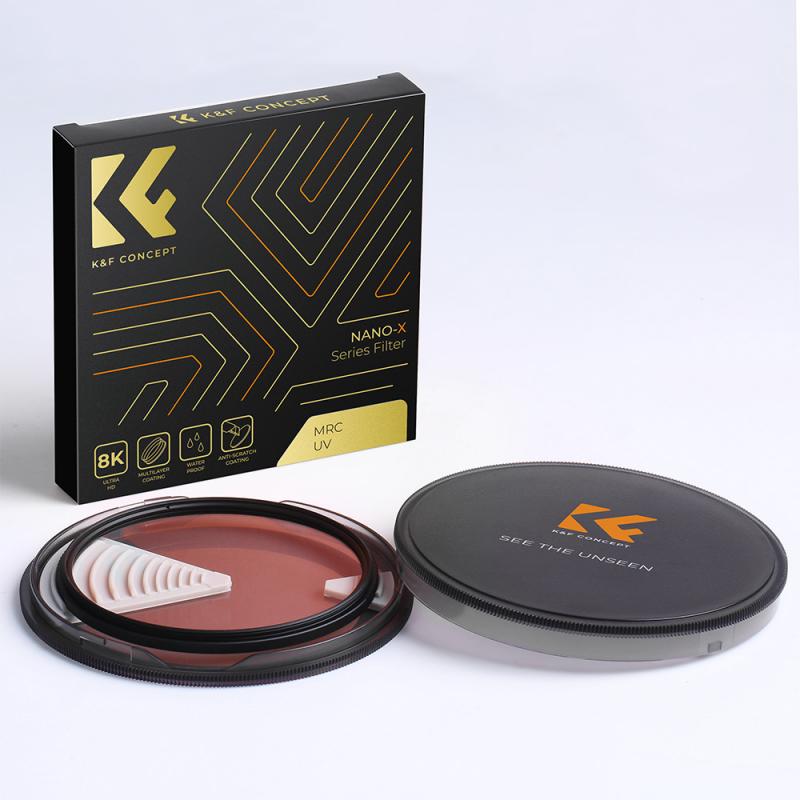
4、 Storing the camera and lens in a protective case
One of the most important aspects of camera maintenance is protecting the lens. The lens is a crucial component of the camera and any damage to it can significantly affect the quality of your photographs. To ensure the longevity and optimal performance of your camera lens, it is essential to take proper precautions.
One of the best ways to protect your camera lens is by storing it in a protective case. A good quality camera bag or case will provide cushioning and prevent any accidental bumps or scratches. Look for a case that has a padded interior and compartments specifically designed to hold your camera and lens securely. Additionally, consider investing in a lens pouch or sleeve for extra protection.
When storing your camera and lens in a case, make sure to remove any dust or debris from the lens before placing it inside. Use a soft, lint-free cloth or a lens cleaning brush to gently wipe away any particles. This will prevent them from scratching the lens surface.
It is also important to keep your camera lens away from extreme temperatures and humidity. Avoid leaving your camera in a hot car or exposing it to direct sunlight for extended periods. High temperatures can damage the lens coatings, while excessive moisture can lead to fungus growth. If you are shooting in a humid environment, consider using a moisture-absorbing silica gel pack in your camera bag to help control humidity levels.
In addition to storing your camera lens properly, it is crucial to handle it with care during use. Avoid touching the lens surface with your fingers as the natural oils can leave smudges or damage the lens coating. Always use a lens cap when the camera is not in use to protect the lens from dust, dirt, and accidental scratches.
In conclusion, protecting your camera lens is essential for maintaining its performance and longevity. Storing the camera and lens in a protective case, along with proper handling and cleaning, will help ensure that your lens remains in optimal condition for capturing stunning photographs.
